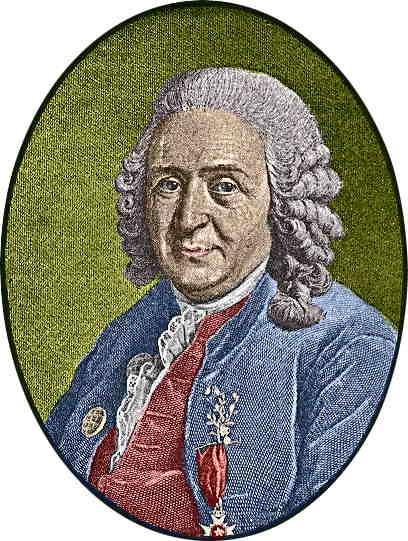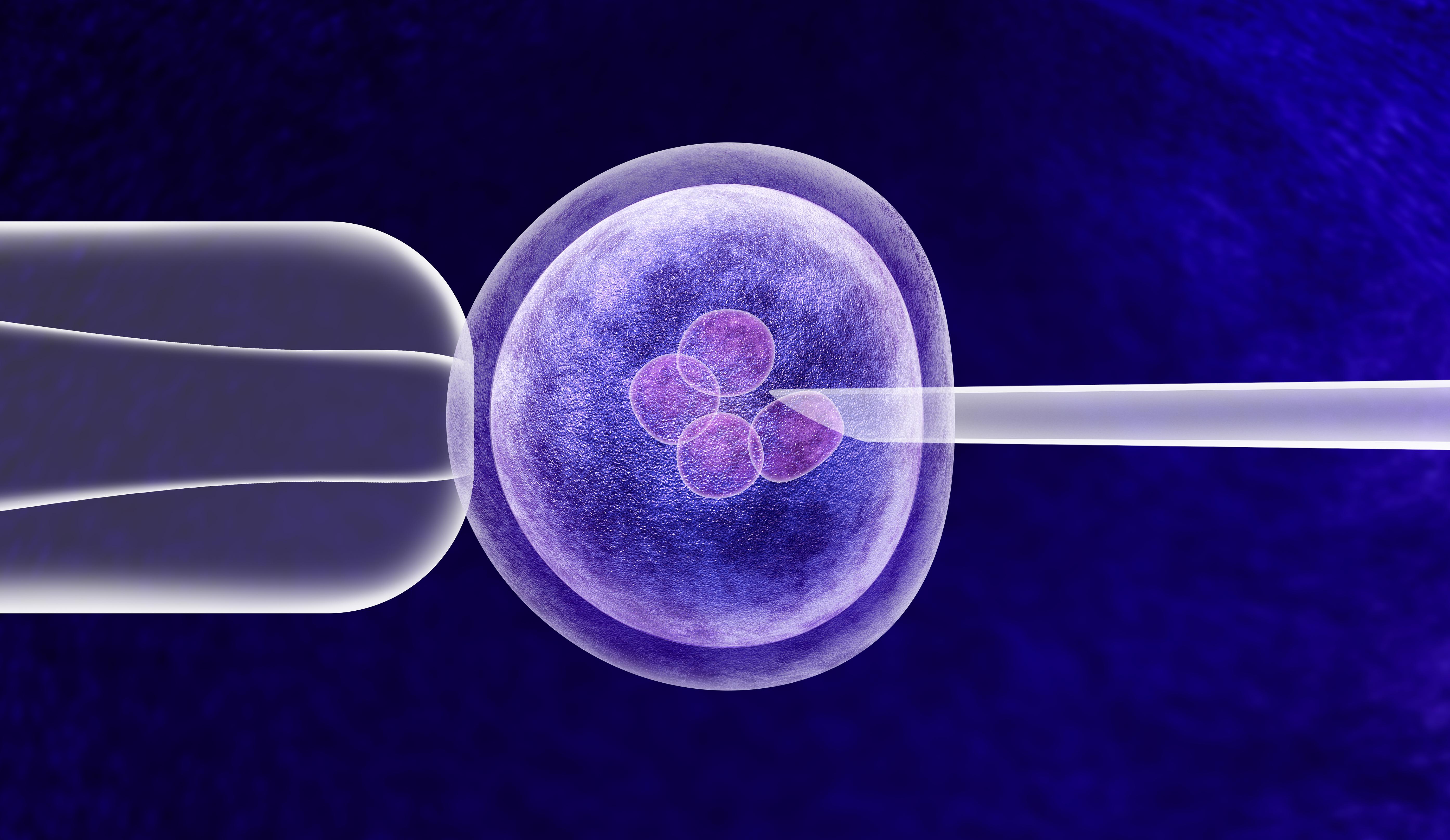Human Rights
Human rights law and discourse help to ensure respect for individual worth and the common good in the face of powerful biotechnologies. Claims to universal human rights depend, in part, on formal recognition of our common humanity. Drawing on human rights as a broad framework for establishing policies regarding human biotechnologies, both the Council of Europe’s Convention on Human Rights and Biomedicine (Oviedo Convention) and UNESCO’s Universal Declaration on the Human Genome and Human Rights reject genetic modifications that would alter the genomes of future generations.
The webinar took place on October 4, 2018 and was co-sponsored by OpenGlobalRights and the Center for Genetics and Society...
To: The Biden-Harris Administration
From: Marcy Darnovsky, PhD, Executive Director, Center for Genetics and Society[1]
December 2020








